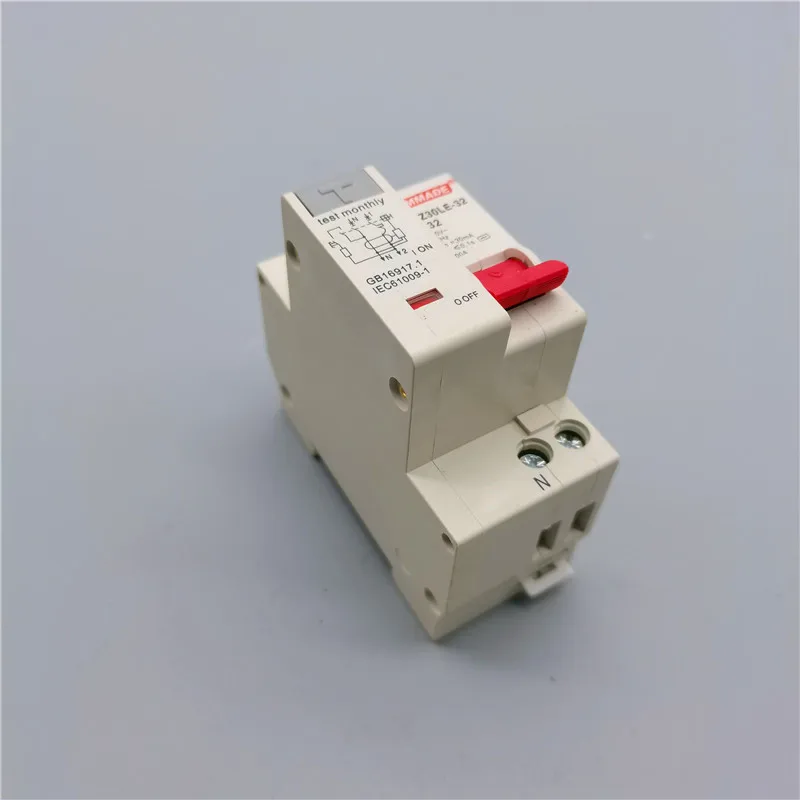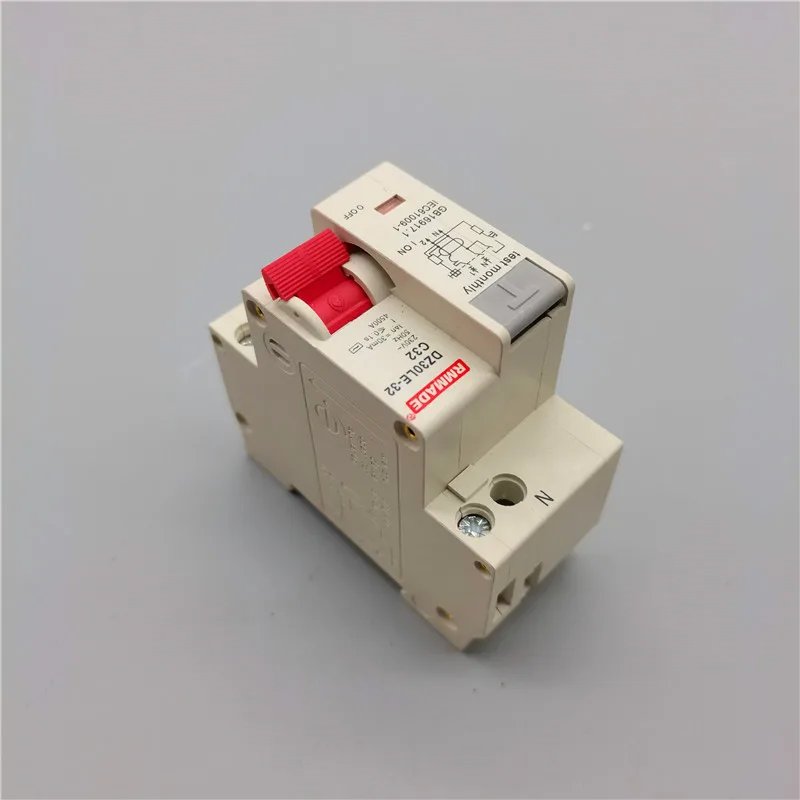Energy efficiency is a top priority in industrial operations, and single phase AC motor speed control plays a key role in achieving this goal. This article explores how speed control contributes to energy savings, focusing on sectors like geomembrane production.
How does motor speed control reduce energy usage?
By matching motor speed to operational requirements, speed control:
- Minimizes Overperformance: Reduces unnecessary energy consumption.
- Prevents Heat Loss: Efficient systems generate less waste heat.
- Optimizes Load Balancing: Ideal for multi-machine setups.



What technologies are most effective for energy optimization?
- Variable Frequency Drives (VFDs): Offer precise speed adjustments.
- Soft Starters: Prevent energy spikes during motor startup.
- Programmable Controllers: Ensure smooth, efficient operation.
What role does speed control play in geomembrane manufacturing?
In geomembrane production, speed control:
- Reduces Material Waste: Ensures consistent thickness.
- Enhances Process Efficiency: Optimizes energy usage for extrusion and sealing.
How can companies implement these systems effectively?
Effective implementation includes:
- Energy Audits: Identify areas for improvement.
- Staff Training: Ensures proper system operation.
- Regular Maintenance: Keeps equipment running at peak efficiency.
Single phase AC motor speed control offers a powerful solution for energy optimization. Its adoption in industries like geomembrane production helps reduce costs, enhance sustainability, and improve operational efficiency.
